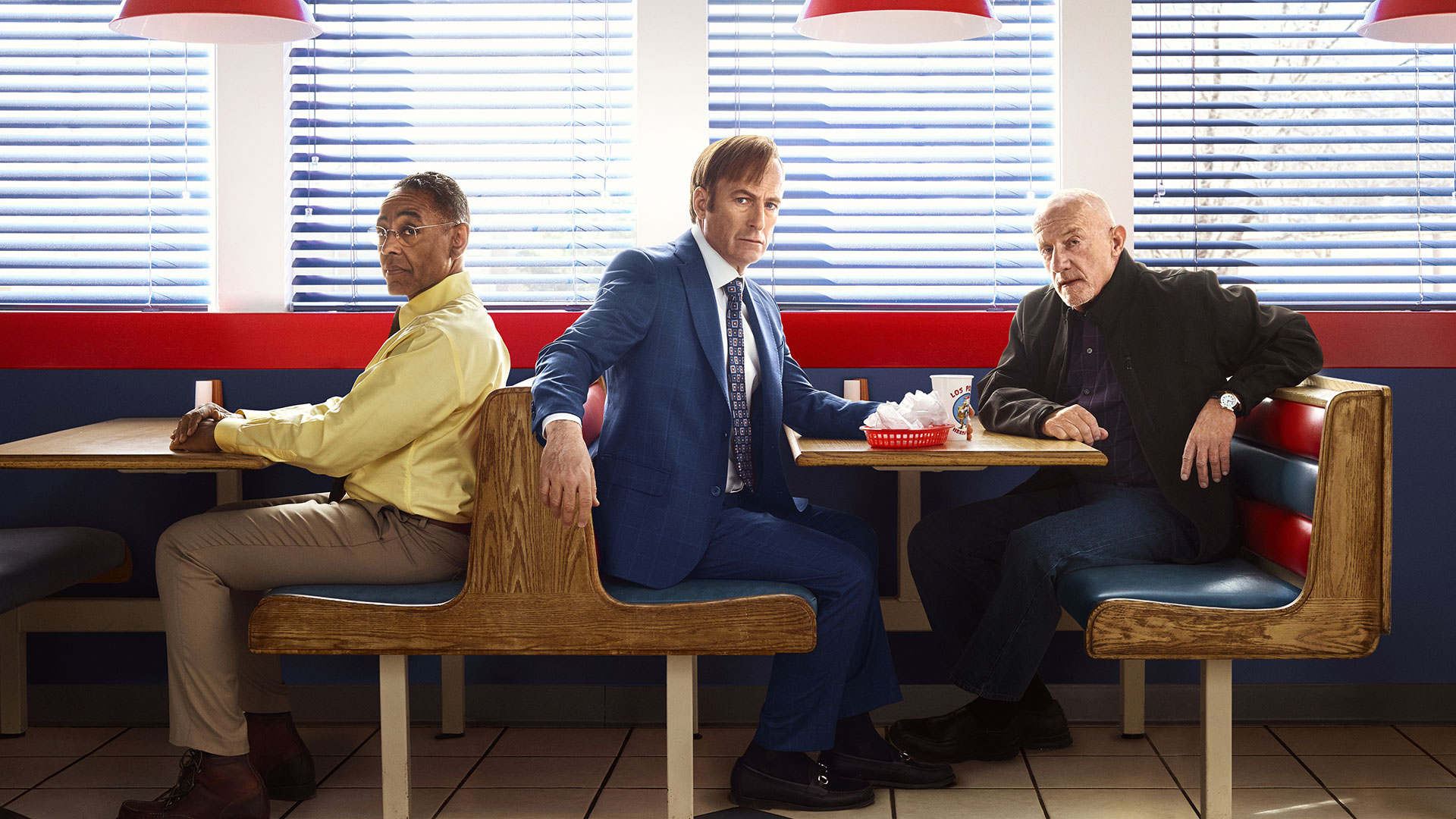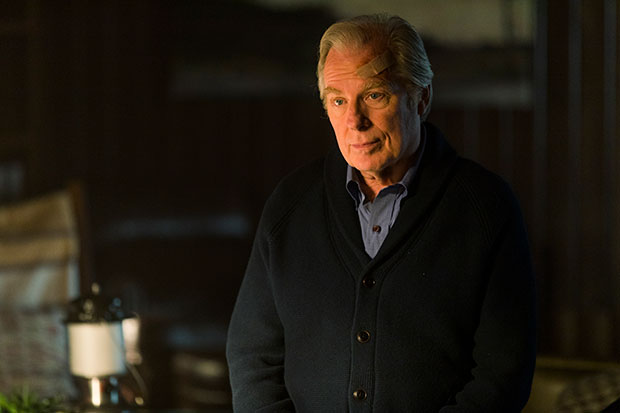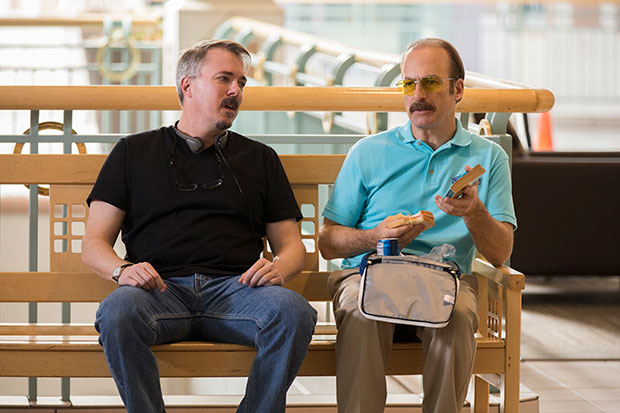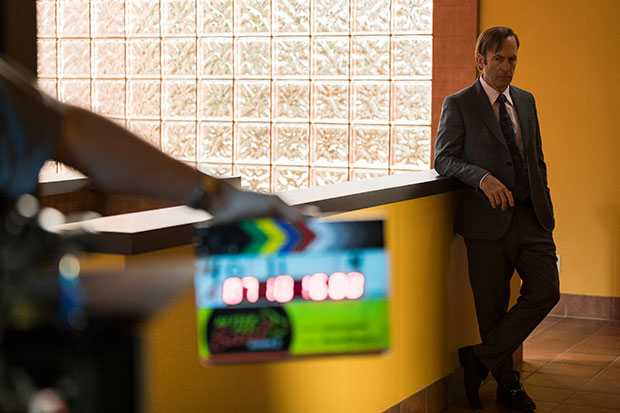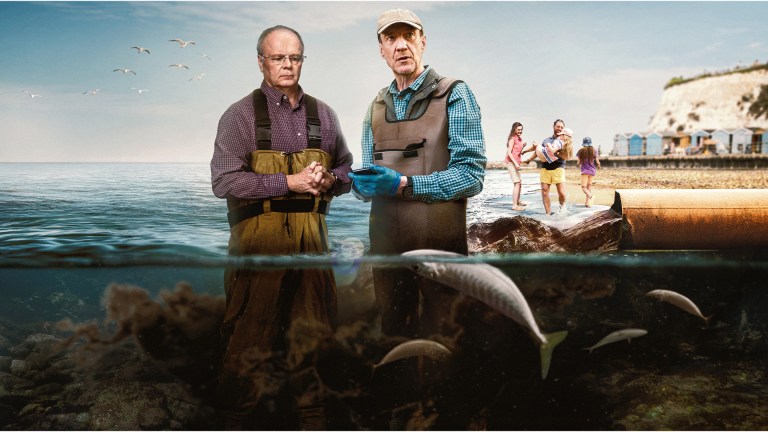“A character can be so bad,” says Bob Odenkirk, “and people are still on their side? You think, really? How bad can you be?”
Breaking Bad, the multi-award winning TV series that launched Odenkirk into the big time as loveable rogue lawyer Saul Goodman, was a masterclass in the art of the anti-hero. Walter White, the chemistry teacher dying from lung cancer who turned to manufacturing and selling the purest methamphetamine to support his disabled son and pregnant wife, was transformed over the course of five series from unlucky good guy into a savage, power-mad crime lord.
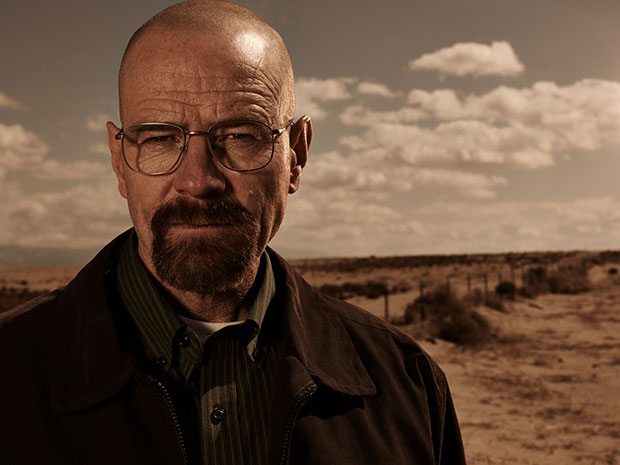
“People sympathised with Walter White!” Odenkirk exclaims. “Vince Gilligan [Breaking Bad creator] said that he hated this guy, how he couldn’t live in that life anymore, how he was an awful person. Maybe it’s who gets the most screen time. Maybe your brain says, ‘yep, that’s the hero’. Because Walter White was horrible, and people still wanted him to win. The surprise is that he was so popular.
“The phenomenon of the anti-hero, of people identifying with an ethically compromised person, is very curious,” he reflects.
Walter White was horrible, and people still wanted him to win
Odenkirk is sitting in an old, disused sheriff court office in a quiet, snowy Albuquerque, New Mexico, where he is filming the third series of Better Call Saul, the Breaking Bad prequel described (accurately) as “the best spin-off since Cheers begat Frasier”. It explores the backstory of Goodman, when he was known by his real name, Jimmy McGill.
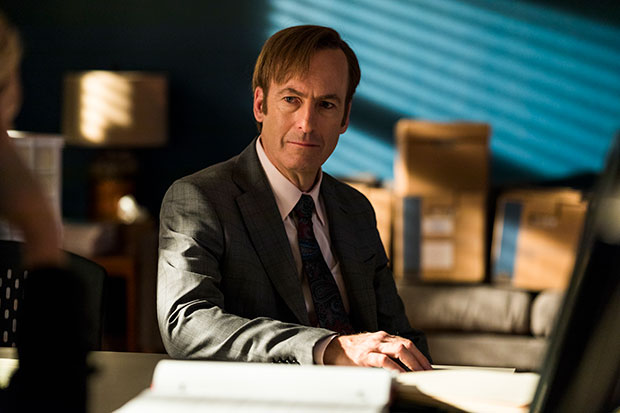
With more than 30 years in stand-up, film and TV, including writing for Saturday Night Live, before Breaking Bad made him a household name, this is a golden period for Odenkirk – and, he says, not before time.
